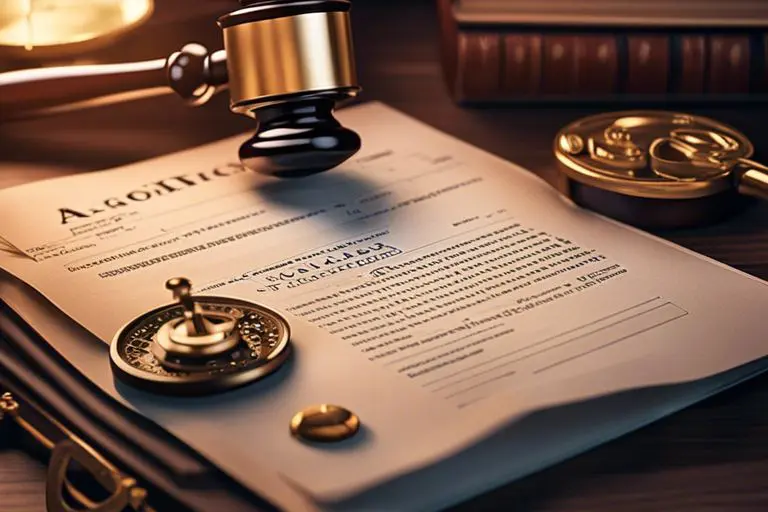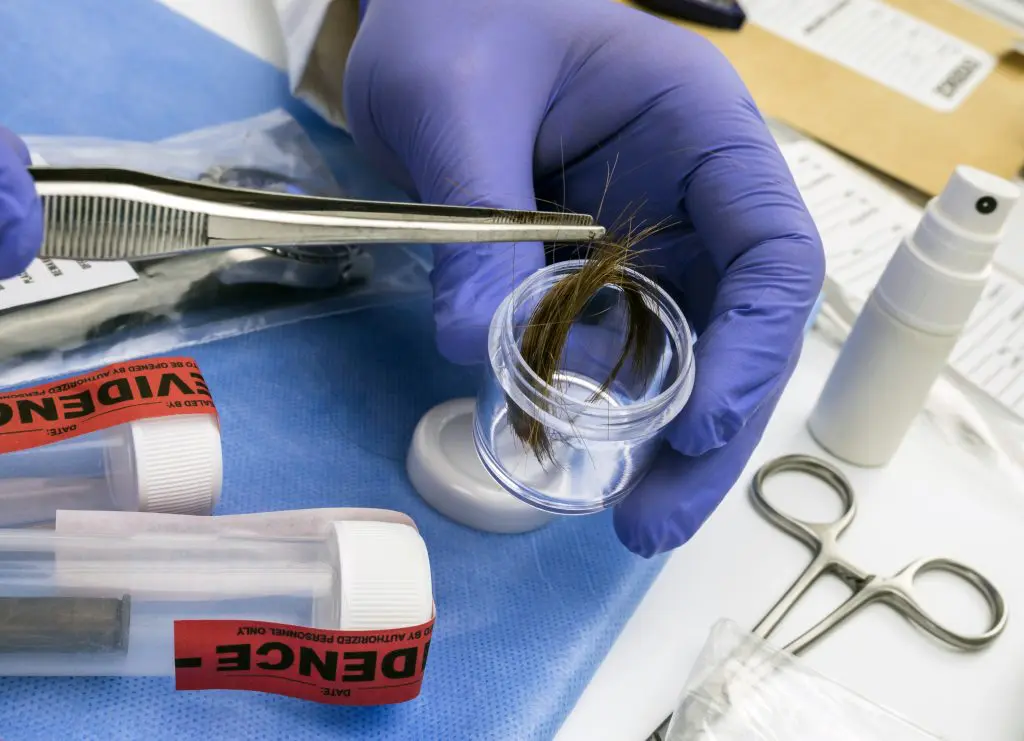Forense
Forensic Science in Law: Unveiling Truth in Criminal Investigations
En el ámbito jurídico, ciencia forense stands as a crucial intersection between science and law. Its role in uncovering the truth behind criminal cases has redefined the way legal investigations are conducted.
Forensic science encompasses various scientific disciplines applied in the context of the law. It involves the collection, preservation, and analysis of evidence from crime scenes. This scientific process helps in establishing facts that can be used in legal proceedings.
One of the most notable aspects of forensic science is DNA analysis. The ability to match DNA samples from crime scenes with suspects has revolutionized criminal investigations, leading to the resolution of cases that were once deemed unsolvable.
Besides DNA analysis, forensics includes fingerprinting, ballistics, digital forensics, and forensic pathology, among other fields. Each of these disciplines provides unique insights into criminal cases, aiding in piecing together what transpired.
The reliability and accuracy of forensic evidence are paramount. Hence, forensic experts must adhere to strict protocols and use advanced technology to ensure the integrity of their findings. The evidentiary value of forensic science is widely recognized in courts worldwide.
In addition to solving crimes, forensic science plays a pivotal role in exoneration. Innocent individuals wrongly accused or convicted of crimes have been freed based on forensic evidence, emphasizing the importance of accuracy and justice in legal processes.
Forensic science continues to evolve with technological advancements. Developments in areas like trace evidence analysis and toxicology are constantly enhancing the capabilities of forensic investigations.
In conclusion, forensic science is an indispensable part of the legal system. It bridges the gap between scientific inquiry and legal justice, playing a critical role in both convicting the guilty and exonerating the innocent.
The ethical dimensions of forensic science are also significant. The responsibility to handle evidence ethically and avoid contamination is paramount in ensuring that justice is served correctly. Mismanagement of evidence can lead to miscarriages of justice, highlighting the need for stringent ethical standards in forensic work.
Furthermore, the field of forensics is continuously adapting to new challenges, such as cybercrime. Digital forensics has become increasingly important in solving crimes committed in the digital realm, from fraud to cyberterrorism.
Training and education in forensic science are critical for legal professionals. Understanding the capabilities and limitations of forensic evidence helps lawyers, judges, and law enforcement officers make informed decisions in legal cases.
In summary, forensic science stands at the forefront of legal investigations, combining scientific rigor with legal acumen. It is a dynamic field that is integral to the pursuit of truth and the administration of justice.
Inicio " Vídeos " Otras cuestiones jurídicas " Forense
DNA testing has become an integral part of modern legal systems, playing a crucial role in...
Autopsy is a crucial procedure used to determine the cause of death. It involves a thorough...
The legal process of toxicology involves applying toxicological principles in legal contexts, often providing critical evidence...
It’s crucial for law enforcement professionals and legal experts to understand the rights and procedures associated...
Segunda parte de una serie de tres por John Riley. Publicado originalmente en 2004 y reproducido con permiso...
Reseña del libro de Jeffrey Scott Shapiro Kobe Bryant: el juego de su vida, y entrevista...
por el difunto Mark Sullivan, Abogado Criminalista Certificado, Palm Springs, California. Originalmente impreso en...
Entrevista con Michael Fleeman - Autor de "Laci - Inside the Laci Peterson Murders" por...









